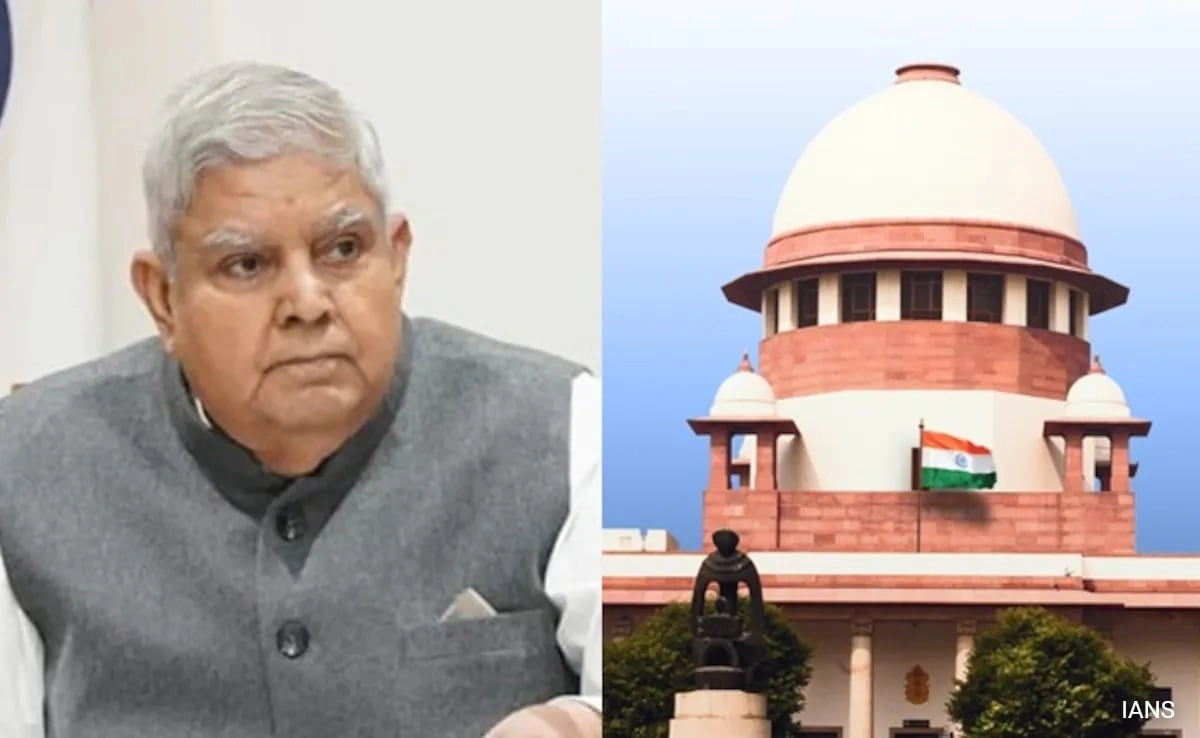In recent discussions surrounding the judiciary’s role in India, former Supreme Court Judge Jagdeep Dhankhar made headlines with his remarks regarding judicial overreach. His comments have sparked significant debate concerning the balance of power between the judiciary and the executive branches of government. Dhankhar emphasized that while the judiciary is tasked with upholding the Constitution and ensuring justice, it must also be mindful of its boundaries. He pointed out that there are limits to judicial intervention, particularly in matters that fall within the purview of the legislative and executive branches. This perspective raises important questions about the appropriate scope of judicial authority and the potential implications of overstepping these boundaries.
The concept of judicial overreach refers to instances where courts go beyond their traditional role of interpretation and enforcement of laws, venturing into areas that are typically managed by the legislature or the executive. Dhankhar’s remarks resonate with a growing sentiment among legal scholars and practitioners who argue that maintaining a clear separation of powers is crucial for the functioning of a democratic society. When the judiciary exceeds its mandate, it can lead to tensions between different branches of government, potentially undermining the very principles of checks and balances that are foundational to the Constitution. Critics of judicial overreach contend that it can threaten the rule of law and create an environment where judicial decisions may be perceived as politicized.
Moreover, Dhankhar’s insights invite a broader conversation about the evolving role of the judiciary in contemporary India. As society grapples with complex issues ranging from human rights to environmental concerns, the judiciary often finds itself at the forefront of legal battles that require careful consideration of both legal principles and societal values. While it is essential for the judiciary to act as a guardian of rights, there is a delicate balance that must be maintained to ensure that its interventions do not encroach upon the legislative process or the functions of elected officials. This nuanced understanding of judicial authority is pivotal in fostering a healthy democratic environment where all branches of government work collaboratively while respecting their distinct roles.
Ultimately, the dialogue sparked by Dhankhar’s remarks serves as a reminder of the ongoing need for reflection on the relationship between the judiciary, the legislature, and the executive. As India continues to evolve politically and socially, it is imperative that all branches of government adhere to their constitutional mandates while engaging in constructive dialogue. The challenge lies in navigating the complex legal landscape while ensuring that the rights of citizens are protected without compromising the integrity of democratic institutions. This balance is essential for the continued functioning of a robust democracy, where justice is delivered fairly and impartially, without overreach or overstepping of authority.




